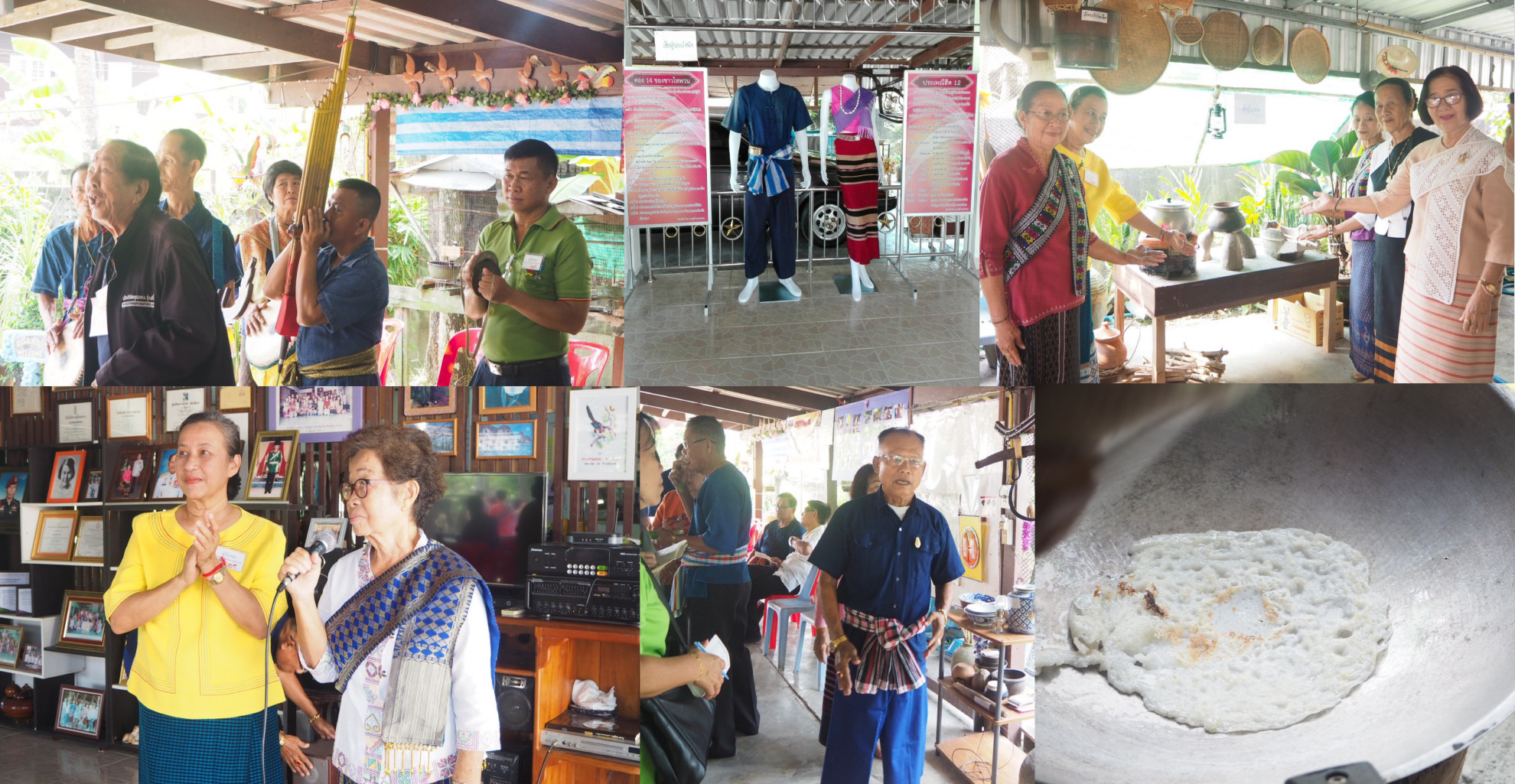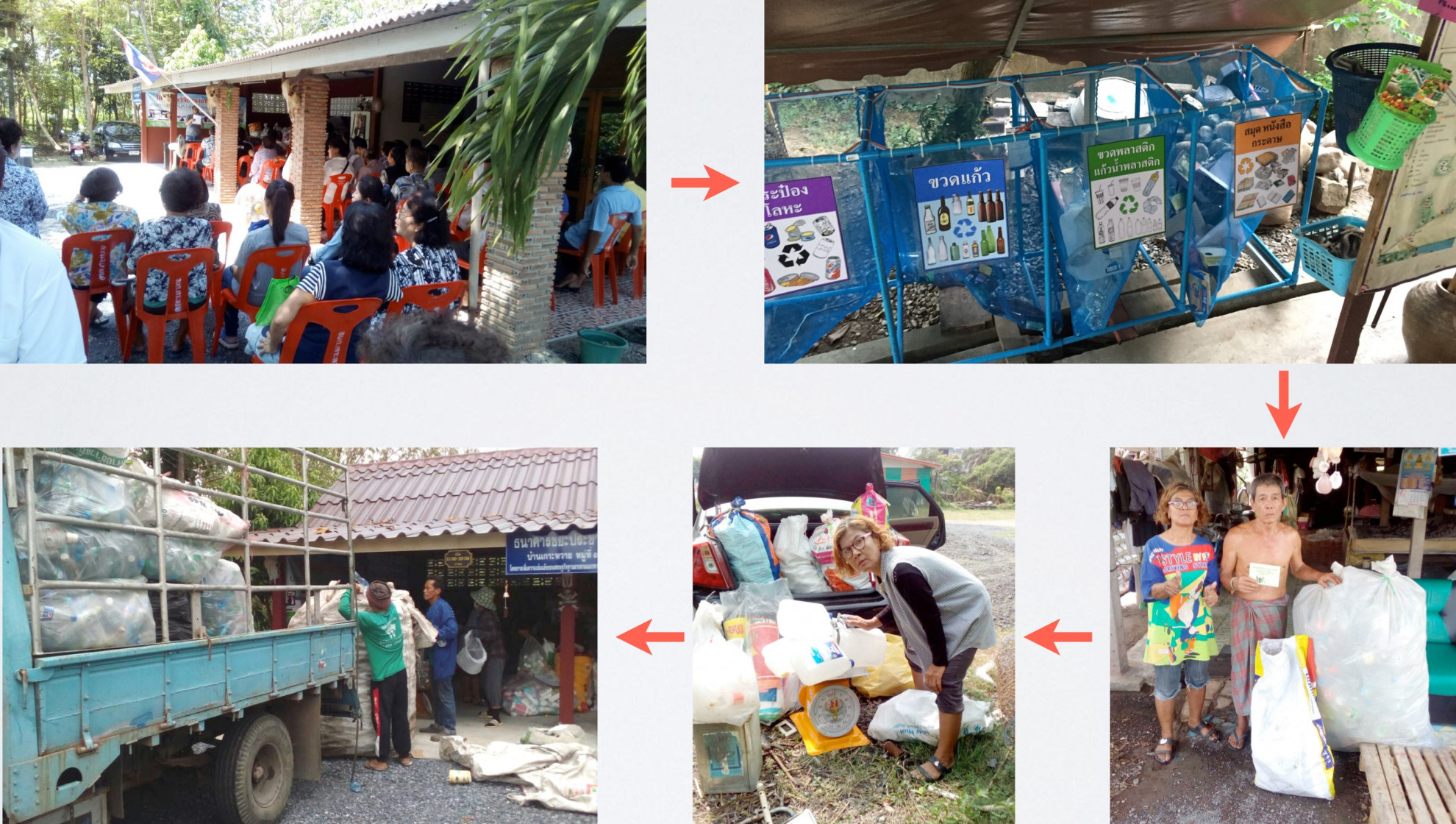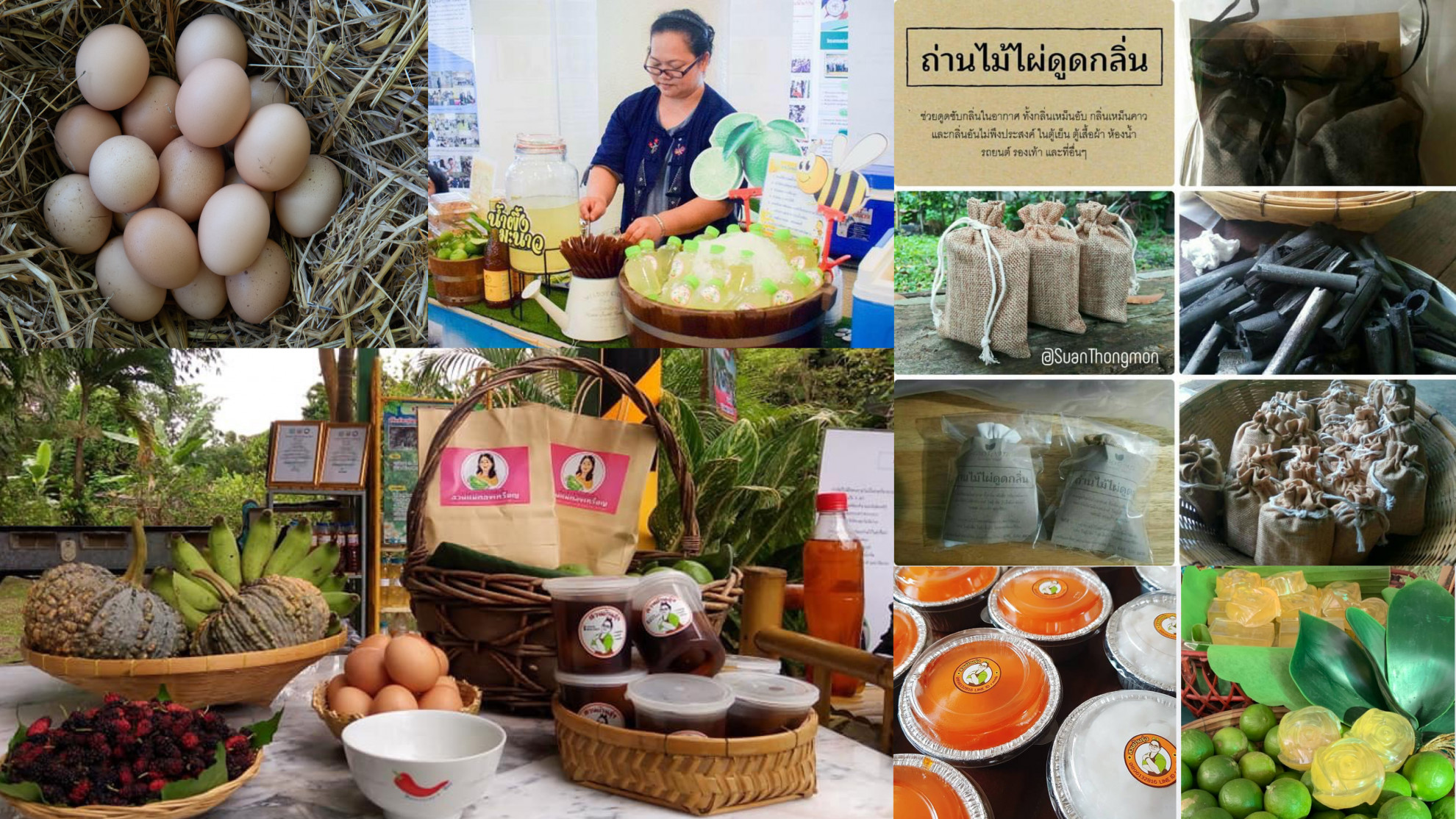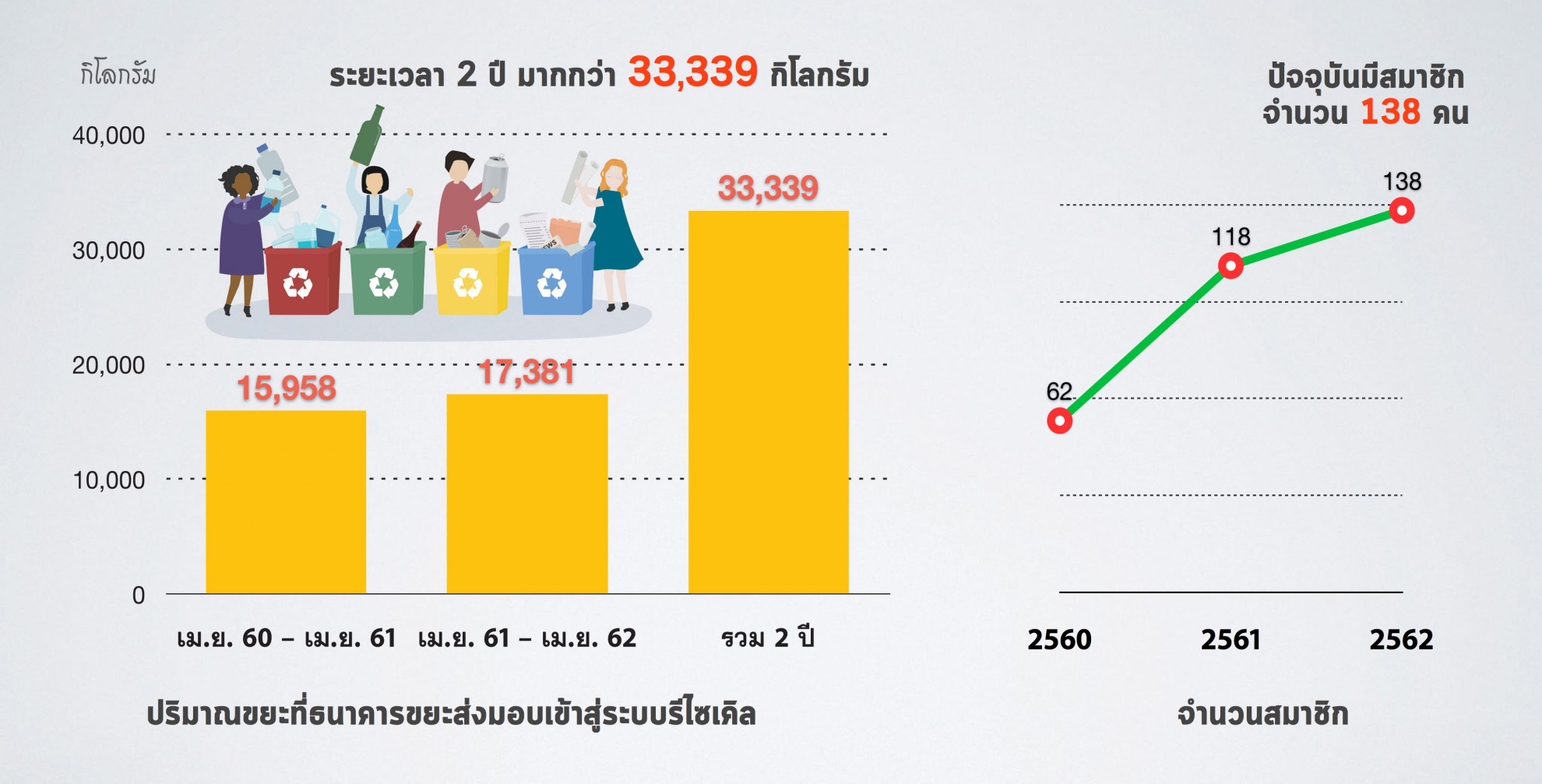





| Target | Indicator | Result |
|---|---|---|

SDG 11
SUSTAINABLE CITIES AND COMMUNITIES
|
||
| 11.4 Strengthen efforts to protect and safeguard the world's cultural and natural heritage | 11.4.1 Total expenditure (public and private) per capita spent on the preservation, protection and conservation of all cultural and natural heritage, by type of heritage (cultural, natural, mixed and World Heritage Centre designation), level of government (national, regional and local/municipal), type of expenditure (operating expenditure/investment) and type of private funding (donations in kind, private non-profit sector and sponsorship) | The learning center that related to community’s way of life, a good relationships and strengthen group in the community, and the social networks were the examples showing the change in term of Social and cultural dimension at the end of the project. |
| 11.6 By 2030, reduce the adverse per capita environmental impact of cities, including by paying special attention to air quality and municipal and other waste management | 11.6.1 Proportion of urban solid waste regularly collected and with adequate final discharge out of total urban solid waste generated, by cities | At the end of the project, there was the environmental change. The household in community participate and collaborate in waste management, taking a good care of environment, using organic agriculture at both the household and community levels. |
Academic service to the community project for the fiscal year 2019 of the Behavioral Science Research Institute, it is categorized as the environment under the project name “Develop community researchers: 1 village, 1 community research team” with 3 objectives: 1) To develop and strengthen community researcher skills in the environment. Economic and social: 1 village 1 team of community researchers 2) To promote the learning process of community researchers. In developing community research learning centers and 3) to promote learning of students in application research knowledge into practice in the academic service area .Project participants include community researchers and villagers in the Koh Wai sub-district area and Nong Saeng Sub-district, Pak Phli District, Nakhon Nayok Province.
As a result of the project implementation, there have been significant changes from the development of people in the community to have potential through the use of research processes to solve problems and community development. Community researchers can apply their knowledge and experience from this research process to solving problems and developing other areas of the community and reducing dependence from outside organizations.






